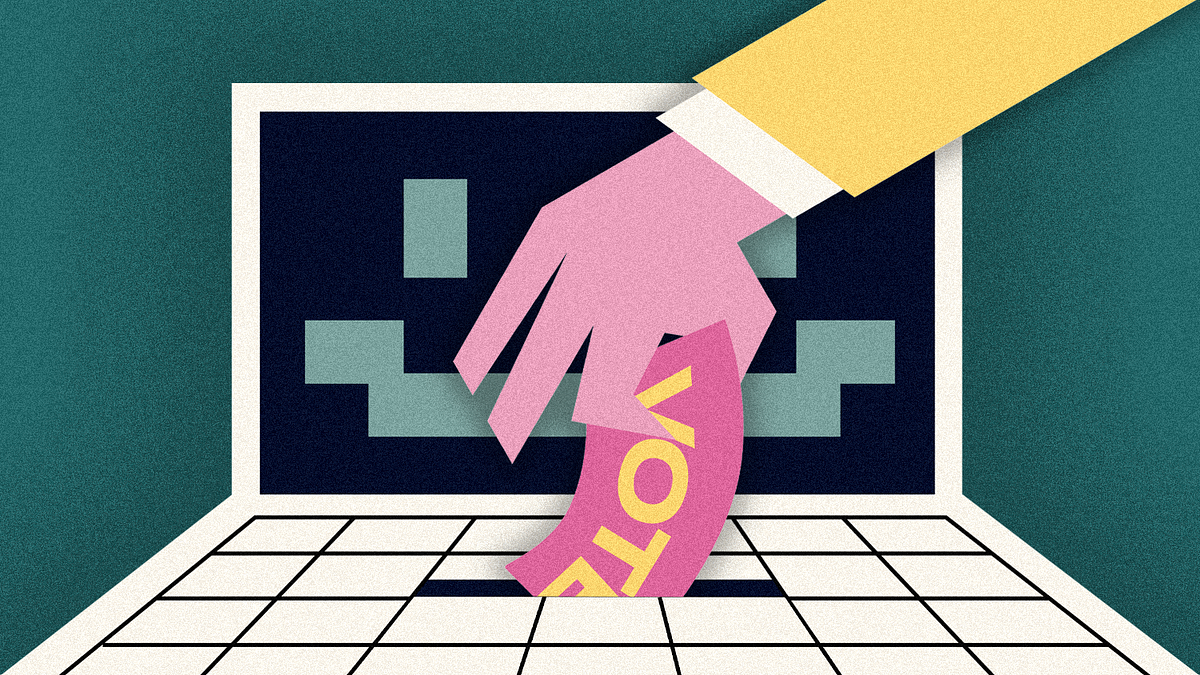
"The mayoral election is around the corner in my hometown of Montreal, so I wanted to confirm whether I was registered to vote at my current address. What I naively assumed would be a simple task turned out to require a trip to a local community centre. I gave my name, they flipped through a binder, and gave me the thumbs up within 3 seconds of arriving."
"Technology isn't a silver bullet, and I'm far from a techno-optimist, but it can be a powerful vector for improvement. When designed carefully, it can increase accessibility, surface critical information, maybe even make it easier for people to engage civically in this context. For a long time, I assumed the main reason we hadn't digitized more of the democratic process was good old-fashioned bureaucracy, a sluggish, underfunded government with outdated tools."
A resident attempted to confirm voter registration and had to visit a community centre, where staff located the record within seconds after a two-hour effort. Technology can increase accessibility, surface critical information, and lower barriers to civic engagement when designed carefully. Many assume bureaucratic inertia and outdated tools explain limited digitization of democratic processes. The resident believed easier digital voting would raise turnout. The resident then investigated examples of jurisdictions that digitized electoral processes, beginning with Markham's 2003 pilot enabling online municipal voting and its use of a third-party vendor for secure infrastructure.
Read at Medium
Unable to calculate read time
Collection
[
|
...
]